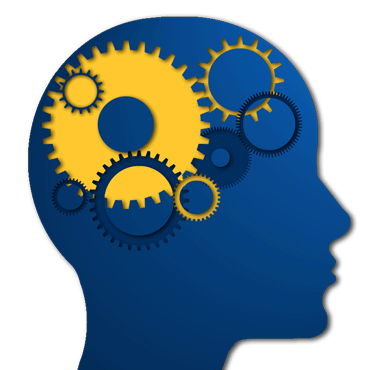
One’s business savvy and
traditional intelligence is not the keys once thought to be a successful
leader. More so than ever, soft skills are the areas managers need to focus on,
and EQ or Emotional Intelligence is perhaps the most important. Travis
Bradberry, author of Emotional Intelligence 2.0 defines EQ as
“Emotional intelligence is the ability to
manage ourselves and our relationships effectively" and it “is also
an important indicator when it comes to performance prediction. Performance and
success in areas including customer retention, increased sales, leadership,
management, and so many other facets.”
EQ can be broken down simply into
two main components; social awareness, and personal awareness.
Social Awareness:
Social awareness is our ability
to empathize with others. How sensitive you are to other people’s emotions and
feelings, as well as how willing you are to respect alternative perspectives
that others may have. This empowers you, as a leader, to predict how others
will react in a given situation. For example, if you are implementing policy,
you may already have a strong sense of how your employees will react to it.
Knowing this allows you to plan, to ensure that possible concerns are addressed
and that the situation is defused before it ever explodes. You will become more
effective in implementing changes.
Further, improved social
awareness will greatly increase your communication skills. Start observing the
people around you, note what triggers emotional responses in them. Most people
will give clues before a change in emotion. When beginning to feel angry some
people will turn red, others may start breathing heavily, or creasing their
forehead. Knowing what these warning signs will be in those around you, allows
you to notice them, before the full emotion hits, and change the direction of
the conversation.
Personal Awareness:
Otherwise
known as self-awareness consists of being mindful of not only what your
emotions are, but how you express them, particularly in tricky situations.
People with strong personal awareness are those who have made a strong
commitment to their own development, and growth. Honest self-assessments, such
as the Myers-Briggs Type Indicator (MBIT), can be a great first step.
The second step is knowing how specific situations will trigger emotional
responses. This knowledge is so powerful, as it will allow you to control your
reactions. Controlling does not mean pushing down your feelings, and refusing
to acknowledge them, in fact, it is the stark opposite. Recognize when you are
frustrated, or angry, and acknowledge to yourself that you feel this way, but
understand why showing that emotion may not be appropriate at the given moment.
Harness the power to take a breath and de-escalate the situation you are
in. Remember criticism (both positive
and negative) are tools, you can choose to embrace and use as tools for
self-improvement.
As a leader, increasing your EQ
is going to be one of the most effective ways to improve all of your day-to-day
interactions. Making a point to increase the EQ of your entire team, will help
you all to be better able to work together and achieve common goals. Read the entire original article here.
TL;DR: EQ or Emotional
intelligence is the ability to manage ourselves and our relationships
effectively. This soft skill, comprised of personal and social awareness is one
of the most important tools, a leader has to improve communication with their
team.


0 Comments